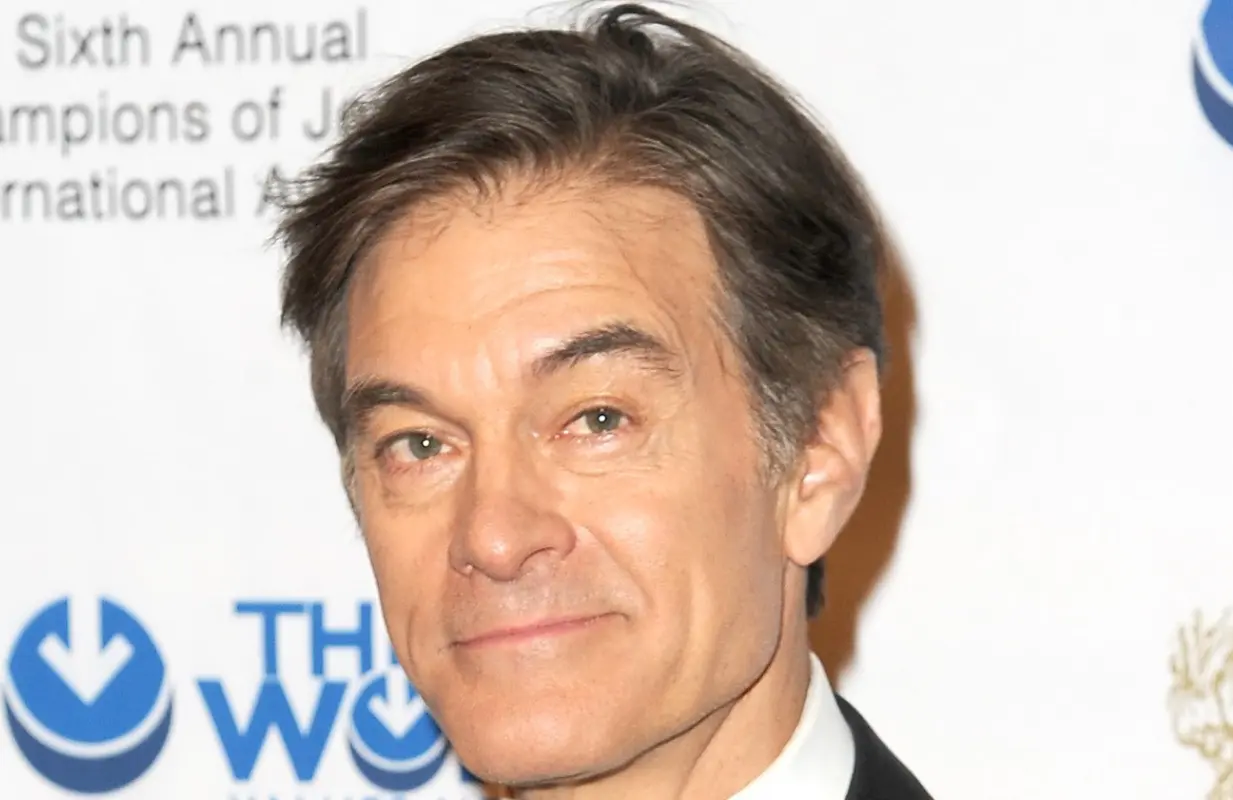Dr. Oz Details His Personal Stakes in Products Promoted on His Show
-
 Dr. Oz (Photo: Kristin Callahan/Everett Collection)
Dr. Oz (Photo: Kristin Callahan/Everett Collection)Dr. Mehmet Oz is under fire for his personal financial connections to a number of companies whose products he has promoted on his show, the Daily Beast reported on Monday.
In one instance, Oz did a promotional video for Walmart under the guise of informing viewers how to improve their immune health. The video was essentially an ad for a supplement called TruBiotics, but at the same time, unbeknownst to most viewers, Oz was also on the board of directors for the brand's parent company, PanTheryx, and held a stake in the company worth as much as $1 million.
The full extent of Oz's financial connections to PanTheryx and other health supplement companies is being revealed for the first time after he was required to submit personal finance disclosure forms to file as a Republican candidate for U.S. Senate in Pennsylvania.
For years, Oz promoted PanTheryx products without disclosing his personal financial relationship to the company, and as of February, he was set to be awarded 700,000 shares of restricted stock as payment for three years of work.
The Daily Beast spoke to Arthur Caplan, a leading medical ethics expert at NYU, who says the the new disclosures add up to a "mountain of a conflict of interest." Caplan added, "It's one thing to say, 'I have commercials on my show that advertise products and I'm going to flag that.' It's very different to say, 'Take this, and I'm not going to tell you, I own it.' You simply cannot do what he's disclosing he did."
"It's not illegal, but certainly, ethically, it's completely dubious," Caplan continued.
The American Medical Association's code of ethics discourages physicians from selling or being paid to endorse any health products other than medication. And if they do so, physicians have an ethical obligation to disclose "the nature of their financial interest in the sale of the product(s)."
Other companies that have generated income for Oz include Usana Health Sciences, a Utah-based multi-level marketing company that markets nutrition products. According to Oz's disclosure form, Usana paid him for making "live and virtual speeches and presentations at Usana events" and for being a "Brand Ambassador" for Usana brands.
In February, Politico alleged that Oz and his show were paid $50 million to promote Usana products on air. His campaign disputed that claim.
"He has just pushed a lot of nonsense over the years on the show," Caplan said. "I fear he's done more damage by being there blessing all manner of unproven, cockamamie interventions for people who really are at risk for serious diseases."
Deena ElGenaidi's writing has been featured in Nylon, MTV News, Insider, The AV Club, and more. You can follow her on Twitter @deenaelg.
TOPICS: Mehmet Oz, The Dr. Oz Show
- John Oliver reveals how he used to troll Last Week Tonight neighbor Dr. Oz
- Dr. Oz likely earned around $10 million a year from his daytime talk show and more than $268,000 for guest-hosting Jeopardy!
- The Dr. Oz Show's former staffers complain Mehmet Oz left them "high and dry" for his U.S. Senate campaign
- President Biden fires Dr. Oz